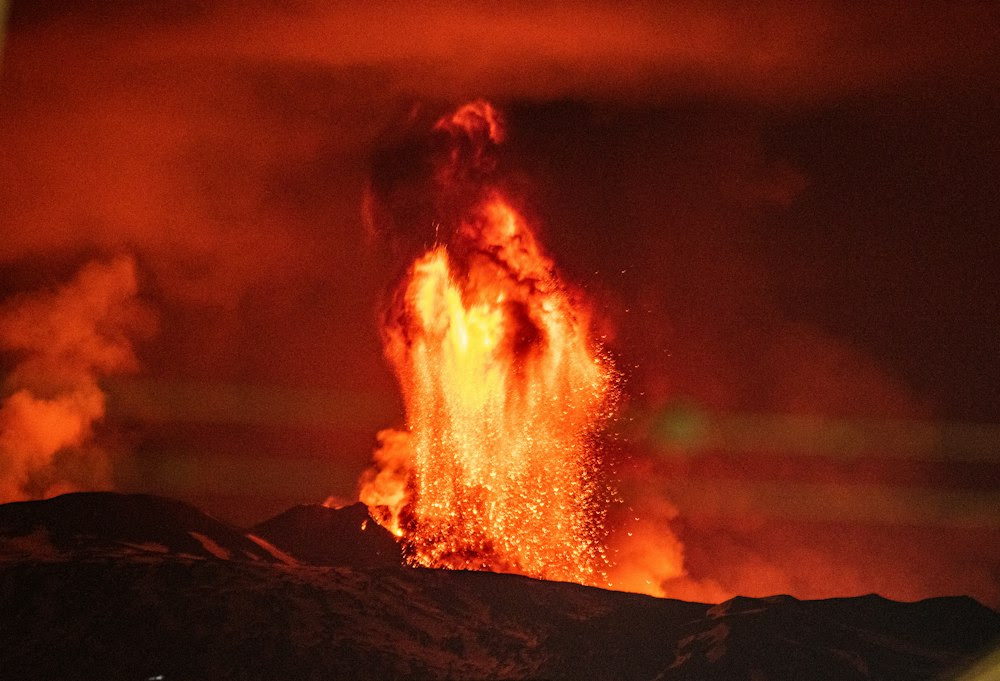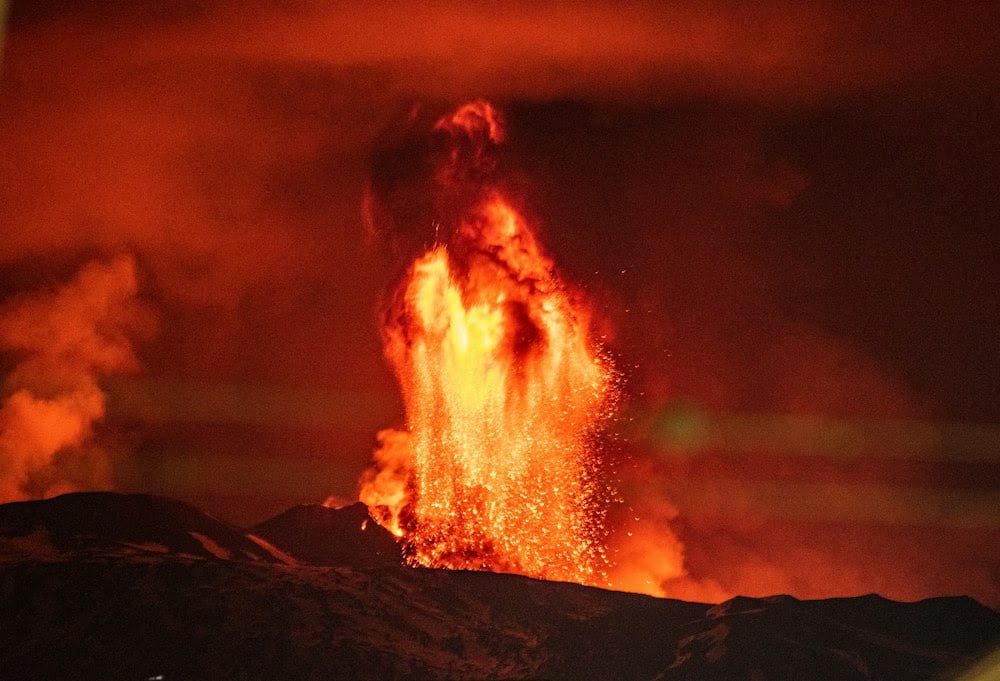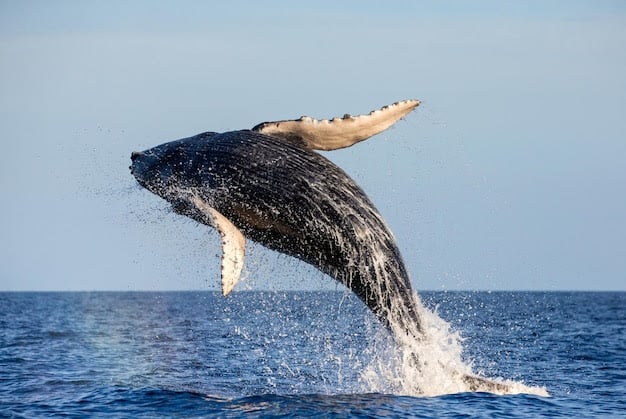
Volcanoes chains have a great influence on the climate, because of what they inject into the atmosphere when they erupt. Indeed, these eruptions produce large quantities of gases, particles (called aerosols), ash and metals, which temporarily modify the climate on a local, regional and even global scale.
But also, high-altitude volcanoes could be affected by climate change, especially if their ice caps melt, says Tamsin Mather, professor of Earth Sciences at Oxford University. “If the ice caps contain volcanic structures, their disappearance could create instability and lead to events such as volcanic landslides.”
In Iceland and Hawaii, volcanoes spew hot and dangerous gases, ash, lava and rocks that are powerfully destructive. People have died as a result of volcanic explosions.
Volcanic eruptions can cause other health threats, such as flooding, mudslides, power outages, contamination of drinking water, and forest fires. Health problems after a volcanic eruption include infectious diseases, respiratory illnesses, burns, fall injuries, and vehicle accidents related to slippery and foggy conditions caused by ash.
Our behavior certainly has consequences even in the bowels of the Earth, where the magma is formed. The link between the two? The disruption of the water cycle is caused by climate change. Ice, ocean and rain do lie or fall on rocks and affect their characteristics.
“We are beginning to realize that the geosphere and hydrosphere are complex interconnected components in the Earth system, characterized by positive and negative feedback loops. These are exciting but misunderstood mechanisms, mainly because we only started studying them recently,” warns volcanologist Jamie Farquharson, a professor at Niigata University in Japan.
The first major effect is the melting of glaciers. The Earth would have lost more than 28 trillion tonnes of ice between 1994 and 2017 alone, according to a 2020 UK study. The trend is expected to increase as global warming is expected to wipe out at least half of the remaining glaciers by the end of the century.
However, when warnings are heeded, the risk of adverse health effects from a volcanic eruption is very low.





